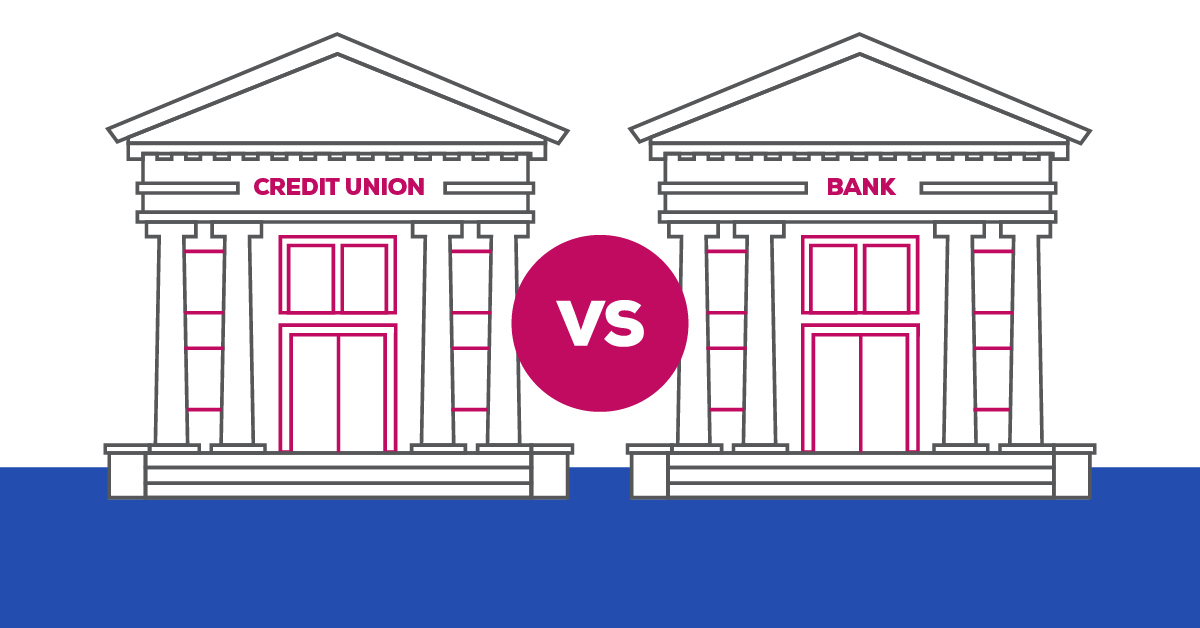Credit unions are not-for-profit financial institutions that are owned and operated by their members. Unlike banks, which are typically owned by shareholders and focused on generating profits, credit unions prioritize the needs of their members. There are many advantages to using a credit union over a traditional bank, including lower fees, better interest rates, personalized service, and a focus on the community. In this article, we will explore these advantages in more detail.
Lower Fees
One of the most significant advantages of credit unions is their lower fees. Credit unions are not-for-profit organizations, which means that they are not focused on generating profits for shareholders. Instead, they are focused on providing the best possible services to their members. This often results in lower fees than traditional banks. For example, credit unions typically charge lower ATM fees, overdraft fees, and monthly account maintenance fees than banks.
Better Interest Rates
Another advantage of credit unions is their better interest rates. Credit unions are owned by their members, which means that they can offer better interest rates on savings accounts, CDs, and loans. In fact, according to a recent study by the National Credit Union Administration, credit unions offer lower interest rates on credit cards, auto loans, and personal loans than banks.
Personalized Service
Credit unions are also known for their personalized service. Unlike banks, which often treat their customers as numbers, credit unions take a more personal approach to customer service. They often have smaller staffs than banks, which allows them to get to know their members on a more individualized basis. This can lead to better service and more personalized financial solutions.
Community Focus
Credit unions are often focused on serving a particular community or group of people. For example, some credit unions are designed specifically for teachers, while others are focused on serving a particular geographic area. This community focus allows credit unions to better understand the needs of their members and to provide tailored financial solutions. Additionally, credit unions often invest in local communities, which can benefit the members of the credit union as well as the larger community.
Democratic Control
Finally, credit unions are democratically controlled organizations. Each member has a say in how the credit union is run, and members have the ability to vote on important decisions, such as the election of the board of directors. This democratic control ensures that credit unions are focused on the needs of their members and not on the interests of shareholders or investors.
In conclusion, credit unions offer many advantages over traditional banks, including lower fees, better interest rates, personalized service, a community focus, and democratic control. If you are looking for a financial institution that prioritizes your needs as a member, a credit union may be the right choice for you.








